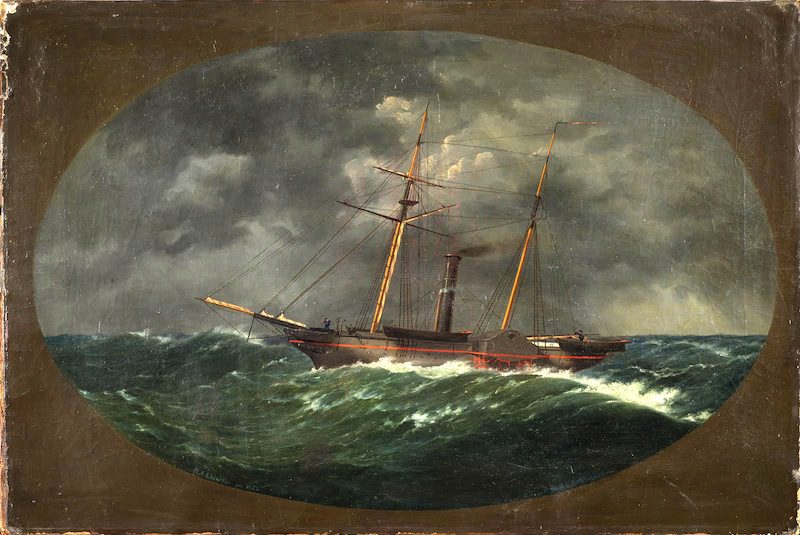Photo: By angelstructure / Shutterstock
By Javier Blas (Bloomberg) — America turned into a net oil exporter last week, breaking 75 years of continued dependence on foreign oil and marking a pivotal — even if likely brief — moment toward what U.S. President Donald Trump has branded as “energy independence.”
The shift to net exports is the dramatic result of an unprecedented boom in American oil production, with thousands of wells pumping from the Permian region of Texas and New Mexico to the Bakken in North Dakota to the Marcellus in Pennsylvania. U.S. crude shipments reached a record 3.2 million barrels last week, government data show.
The shale revolution has transformed oil wildcatters into billionaires and the U.S. into the world’s largest petroleum producer, surpassing Russia and Saudi Arabia. The power of OPEC has been diminished, undercutting one of the major geopolitical forces of the last half century. The cartel and its allies are meeting in Vienna this week, trying to make a tough choice to cut output and support prices, risking the loss of more market share to the U.S.
“We are becoming the dominant energy power in the world,” said Michael Lynch, president of Strategic Energy & Economic Research. “But, because the change is gradual over time, I don’t think it’s going to cause a huge revolution, but you do have to think that OPEC is going to have to take that into account when they think about cutting.”
The U.S. sold overseas last week a net 211,000 barrels a day of crude and refined products such as gasoline and diesel, compared to net imports of more than 2 million barrels a day on average so far in 2018, and an annual peak of more than 12 million barrels a day in 2005, according to the U.S. Energy Information Administration.
The EIA said the U.S. has been a net oil importer in weekly data going back to 1991 and monthly data starting in 1973. Oil historians that have compiled even older annual data using statistics from the American Petroleum Institute said the country has been a net oil importer since 1949, when Harry Truman was at the White House.
On paper, the shift to net oil imports means that the U.S. is today energy independent, achieving a rhetorical aspiration for generations of American politicians, from Jimmy Carter to George W. Bush. Yet, it’s a paper tiger achievement: In reality, the U.S. remains exposed to global energy prices, still affected by the old geopolitics of the Middle East.
While the net balance shows the U.S. is selling more petroleum than buying, American refiners continue to buy millions of barrels each day of overseas crude and fuel.
“Trump is making America great again,” said Joe McMonigle, an oil analyst at Hedgeye Risk Management LLC and a former senior official at the U.S. Energy Department. “First president in modern time to get America to be energy independent, if only for one week.”
© 2018 Bloomberg L.P

 Join The Club
Join The Club











